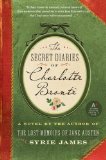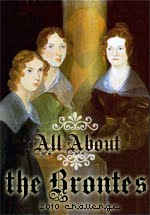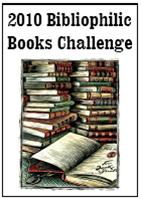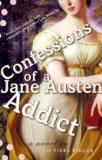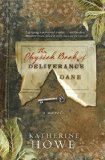I have three books going at the moment. I am listening to The Help whenever I’m in the car, and sometimes I have to sit in the car a little longer so I can finish a particularly good part. I am absolutely loving this book, and I can’t wait to discuss it with my faculty’s book club.
I’m also re-reading Pride and Prejudice. This annotated version is helping me understand nuances I’m not sure I picked up the first time I read it years ago. The only problem I have with the annotations is that they give away much of the plot. I would like to use this edition with students, but some of the annotations should be read as they are reading, and some will give away the plot a great deal, which I think some students may find frustrating.
Finally, I am still working through Crime and Punishment on DailyLit. I am just not enjoying it at all. I found the murder of Alyona Ivanovna and her sister Lizaveta chilling and compelling to read, but for a few scenes since that time, the book never grabbed me. I am close enough to the end to stick it out, but I’m not inclined to read any more Dostoyevsky. I don’t know whether I should feel stupid that I’m not getting something that so many people in the past have clearly enjoyed and esteemed, or just accepting that it’s OK to feel the way I feel about this book.
